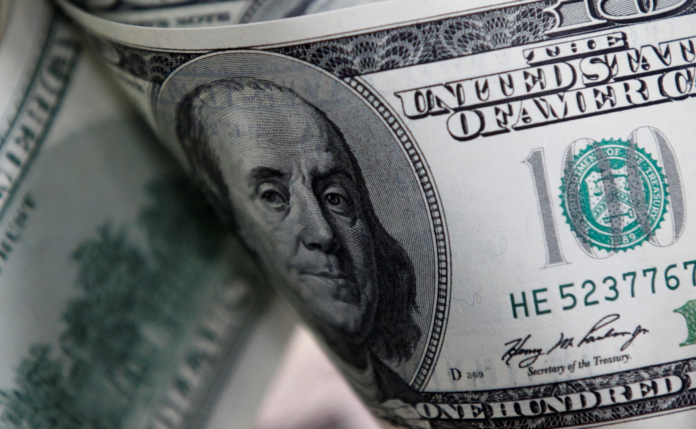The U.S. dollar fell for a third consecutive day against a range of currencies on Wednesday amid growing concerns over the Trump administration’s tax cut and spending bill, with Republicans remaining divided over key aspects of the legislation.
President Donald Trump met with House Republicans but failed to secure support from party holdouts who argue the bill does not sufficiently reduce spending, according to House Speaker Mike Johnson.
As the bill impasse continues, the euro strengthened 0.5% against the dollar, reaching $1.1339, its highest level in two weeks. Investor sentiment shifted away from U.S. safe-haven assets, driven in part by concerns about the country’s rising debt levels, which analysts estimate could increase by $3 trillion to $5 trillion due to the proposed tax bill.
Meanwhile, cautiousness over U.S. officials potentially seeking a weaker dollar as part of independent trade negotiations during the Group of Seven finance ministers meetings in Canada added to the currency’s pressure. Recent developments in the global tariff conflict have slowed, though talks with close allies such as Tokyo and Seoul appear to have lost momentum, fueling ongoing uncertainty.
The dollar also weakened against the yen, which rose 0.6% to 143.64 yen, boosted by a sharp increase in Japanese government bond yields. Yields on 30-year Japanese government bonds reached new records following a disappointing auction, raising concerns over upcoming debt sales.
The rise in Japanese yields has narrowed the gap with U.S. Treasury yields, reducing the appeal of holding the dollar.
In addition, the yen, Swiss franc, and gold gained after reports emerged that the United States has gathered intelligence suggesting Israel is preparing to strike Iranian nuclear facilities, heightening geopolitical tensions. The recent Moody’s downgrade of the U.S. sovereign debt rating, while having limited market impact, has contributed to reduced confidence in U.S. assets as safe havens, with the dollar declining against all major currencies so far this year.
Market participants are also focused on upcoming U.S.-Japan discussions, with Japanese Finance Minister Katsunobu Kato expected to meet U.S. Treasury Secretary Scott Bessent later this week. Kato emphasized that exchange rate talks will be grounded in a mutual understanding that excessive volatility is undesirable.
Elsewhere, the British pound reached its highest level since February 2022 after data showed UK consumer inflation rose more than expected in April, limiting the Bank of England’s ability to reduce interest rates quickly.




